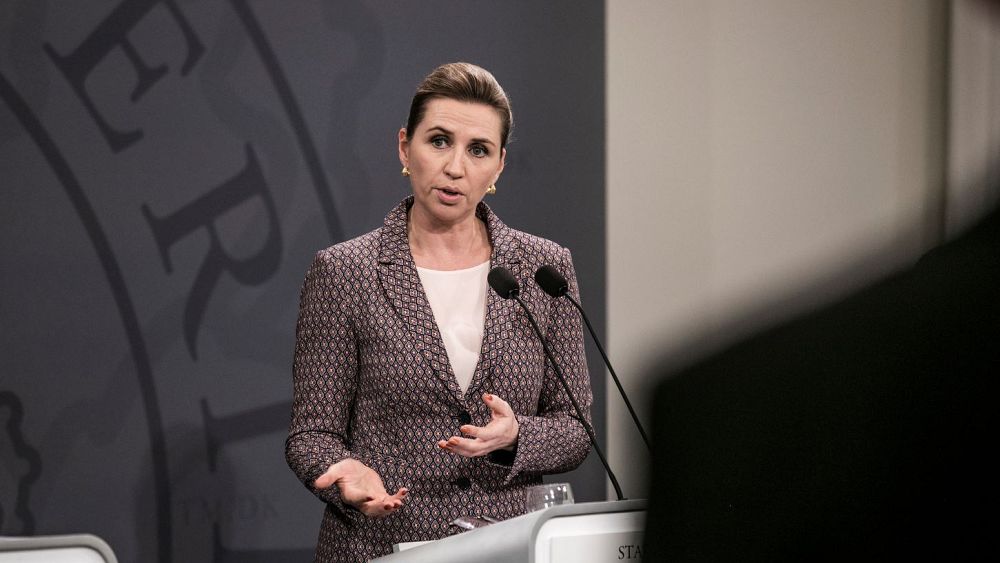
Denmark’s Prime Minister Mette Frederiksen has been questioned by a parliamentary committee over the culling of the country’s entire mink population.
Frederiksen will testify about how her government acted on the abrupt decision to kill 15 million animals in November 2020.
Millions of mink were culled over fears that the animals could transmit a mutated form of COVID-19 to humans.
Concerns had been raised that the risk of mutation of the virus in the fur animals could threaten the efficacy of vaccines.
But the Danish government initially announced the cull despite having no legal basis to order the killing of healthy animals.
The scandal led to the resignation of the former agriculture minister and raised questions over the government’s handling of the pandemic.
Millions of decomposing animal bodies were then rushed to two landfill sites in the west of the country.
But due to the risk of pollution to drinking water from the bodies, the Danish government later decided to dig up the carcasses and incinerate them.
The controversy was heightened this year when it was revealed that the text messages sent by Frederiksen during the scandal last November were automatically deleted for apparent security reasons.
The decision to cull all mink also devastated the country’s fur industry – the largest in the European Union.
The Danish PM was summoned to shed light on the scandal by the parliamentary committee, which could decide to send the case to a special court that judges the actions of government members.
Frederiksen has maintained that she was unaware that there was no law that allowed her to impose her decision.
She has also reiterated that decision to cull the mink was “taken on the basis of a very serious risk assessment”.
At the time, Danish law only allowed for the culling of animals in areas where the virus mutation had been detected — in Denmark’s North Jutland region.
Correct legislation was eventually passed, and Denmark will also extend a ban on mink farming until 2023 amid concerns that the animals present “a risk to human health of unknown magnitude.”
The Danish Commission of Inquiry is due to report its findings into the matter in April 2022.